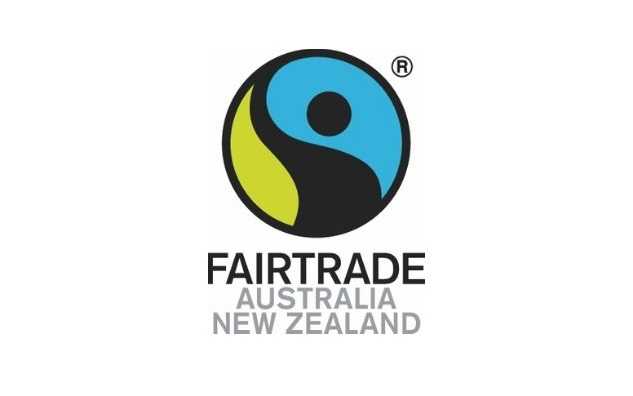AUCKLAND, New Zealand – On the International Coffee Day (1 October) Fairtrade Australia New Zealand (ANZ) urged coffee drinkers to consider the challenges facing the coffee farmers who produce their favourite brew. With temperatures rising around the world and the impact of COVID-19 being felt widely, Fairtrade ANZ used the International Coffee Day to start the conversation about our responsibility to farmers, particularly in the Pacific region.
“The United Nations Climate Change Conference (COP 26) is just around the corner, so it makes sense for all of us to reflect on our choices at the supermarket and how those choices affect the wider world.
“Heightened temperatures and rainfall are having a major impact on coffee farmers in developing countries. Not only are they facing an increase in the incidence of diseases and pests affecting coffee yields, but they are also being forced to push production upslope, away from the equator and into conflict with other land uses,” says Molly Harriss Olson, CEO of Fairtrade ANZ.
“Coffee producers in Papua New Guinea, in particular, have been hit hard by periods of extreme rainfall followed by long droughts causing unpredictable patterns in coffee production, its biggest agricultural export,” adds Ms Harriss Olson.
While places like Papua New Guinea (PNG) may seem far away to many New Zealanders, coffee is one of the major exports from PNG to NZ and a key source of the supply which makes up more than 840 million cups of the coffee consumed in NZ cafes every year.
Coffee production in PNG is dominated by village-based smallholder farmers, who grow coffee in gardens of up to two hectares. This group produces around 85% of the annual coffee crop of which about one million bags of coffee are exported. This is a crucial source of income from more than 2.5 million Papua New Guineans.
Recognising the impact of climate change, Fairtrade ANZ is working with commercial partners and coffee farmers in PNG on a range of projects to improve coffee quality and address warming temperatures. These projects seek to prevent more greenhouse gases from being produced and provide technical and financial support for crop diversification and climate change adaptation.
Fairtrade is working with small scale farmers to improve agricultural best practices, educating producers on preventative measures such as using buffer zones to prevent erosion, and the use of mulch or plant shade trees to prevent excessive moisture stress that is known to affect coffee production.
In addition to this, Fairtrade also sets Standards, which focus on three areas of sustainable development; social development, economic development and environmental development. These Fairtrade Standards help to act as a safety net against the erratic international market and provide security to coffee producers so they will receive a price that covers their average costs of sustainable production.
“While the consequences of climate change are challenging, there are things we coffee drinkers can do to assist,” says Ms Harriss Olson.
“The first step is to learn about these issues; the second is to take real action by choosing to buy only the brands that are carbon or climate neutral, provide a fair return to farmers and their communities while helping to build their capacity to adapt to climate change; third is to demand climate action from the coffee companies and our governments to ensure all products, business models and economies are carbon or climate neutral.”


















